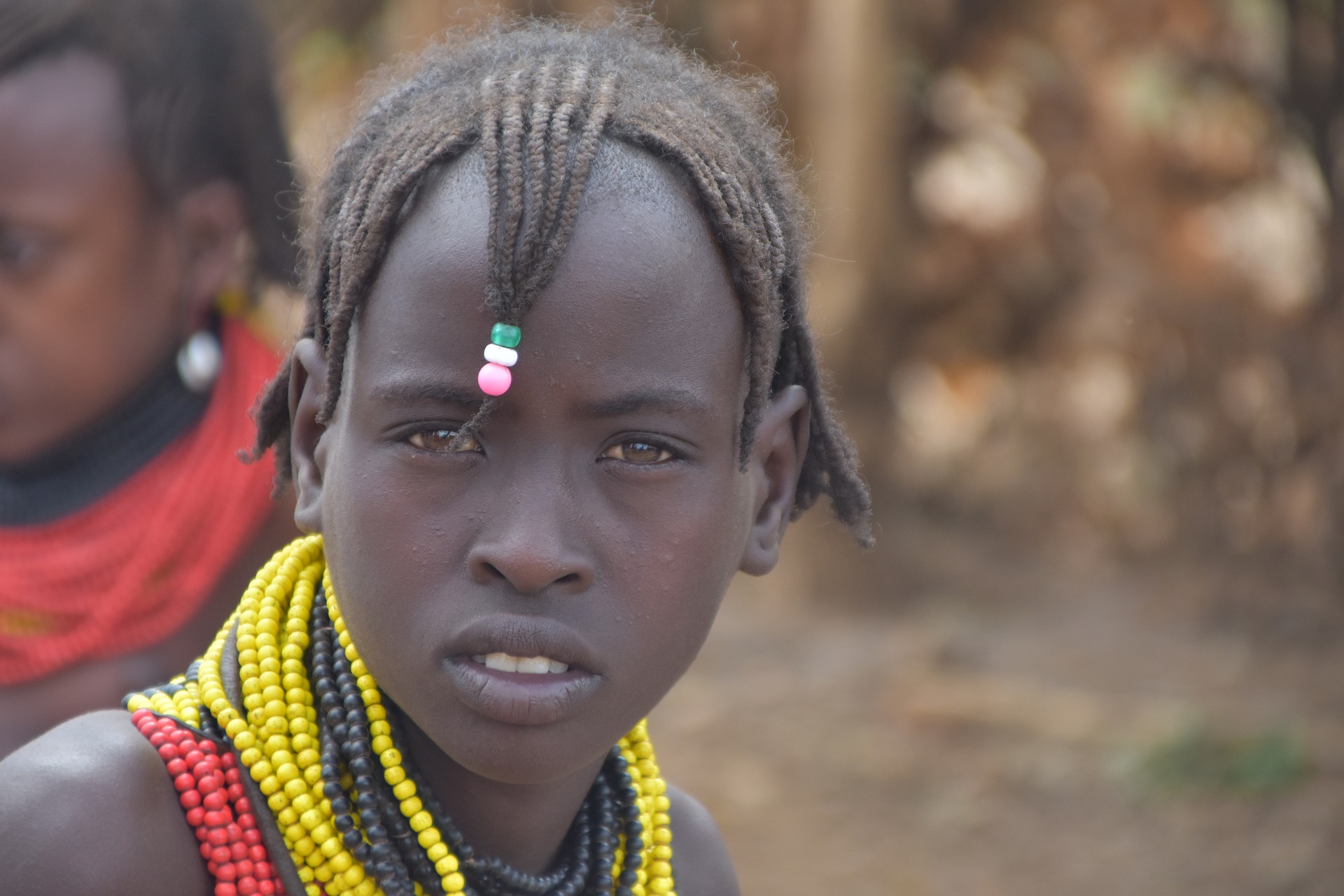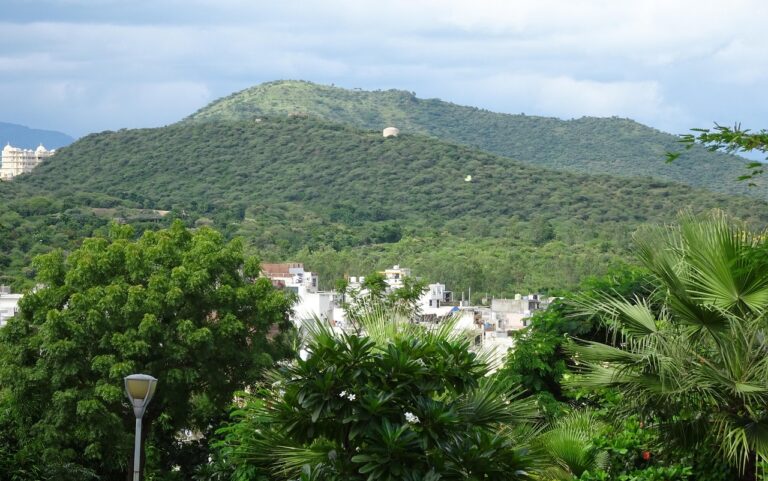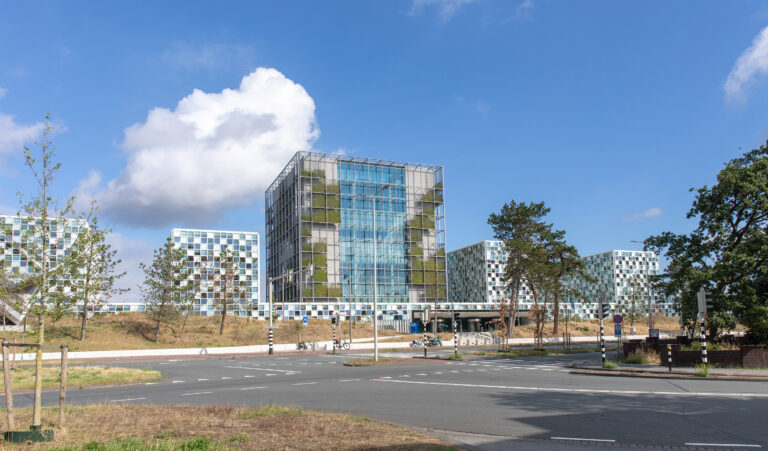
Geneva: The Human Rights Council in its special session today decided to establish an international commission of human rights experts to conduct a thorough and impartial investigation into allegations of violations and abuses committed in Ethiopia since November 3, 2020 by all parties to the conflict.
In the resolution on the situation of human rights in Ethiopia, adopted by a vote of 21 in favour, 15 against and 11 abstentions, the Council condemned in the strongest terms all human rights violations and abuses and violations of international humanitarian law and international refugee law committed in northern Ethiopia by all parties. It decided to establish for a period of one year, renewable as necessary, an international commission of human rights experts on Ethiopia, made up of three human rights experts to be appointed by the President of the Human Rights Council, to complement the work undertaken by the Joint Investigative Team.
Also read: US Treasury sanctions Eritrean military chief for human rights abuse in Tigray
The mandate of the commission of experts was to conduct a thorough and impartial investigation into allegations of violations and abuses committed in Ethiopia since November 3, 2020 by all parties to the conflict; to establish the facts and circumstances surrounding the alleged violations and abuses, to collect and preserve evidence, to identify those responsible, where possible, and to make such information accessible and usable in support of ongoing and future accountability efforts; to provide guidance on transitional justice, including accountability, reconciliation and healing; and to integrate a gender perspective and a survivor-centred approach throughout its work, among others.
Nada Al-Nashif, United Nations Deputy High Commissioner for Human Rights, said concerns continued to deepen about the situation in Ethiopia, particularly in regard to the ongoing conflict, its increasingly severe impact on humanitarian needs, and the state of emergency that was adopted last month. The report of the joint investigation on Tigray, recently issued by the Ethiopian Human Rights Commission and the Office of the High Commissioner for Human Rights, had found that all parties to the conflict had committed human rights violations and abuses, as well as violations of international humanitarian law and refugee law. Some of the incidents investigated could potentially amount to international crimes, including war crimes and crimes against humanity.
The Deputy High Commissioner said the nationwide state of emergency announced on 2 November was leading to significant human rights concerns.
The Council called for an immediate halt to all human rights violations and abuses and violations of international humanitarian law and international refugee law and for the strict observance of all human rights and fundamental freedoms. Noting the first steps taken by the Government of Ethiopia to implement the recommendations made by the Office of the High Commissioner and the Ethiopian Human Rights Commission in the report on the joint investigation, the Council encouraged the Government to proceed without delay to ensure accountability and redress for the victims of the violations and abuses committed in the conflict.
The resolution was adopted at the end of a one-day special session of the Human Rights Council on “the grave human rights situation in Ethiopia”.
Ethiopia, speaking as the country concerned, said the accusations levelled against it were unfounded. Ethiopia reminded those who had taken the floor that the joint investigation by the Office of the High Commissioner for Human Rights and the Ethiopian Human Rights Commission had not found evidence supporting the claim of deliberate denial of humanitarian assistance to the civilian population in Tigray, or the use of starvation as a weapon of war. Polemics would only exacerbate the situation on the ground. There were no merits in the politically motivated draft resolution. Ethiopia was firmly committed to peace and human rights.
Eritrea, Russian Federation, Venezuela, China, and Philippines spoke in explanation of vote before the vote.
– global bihari bureau





